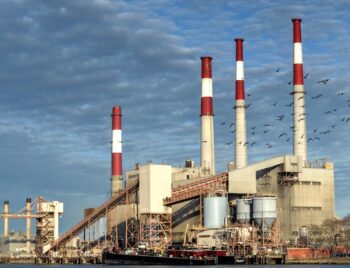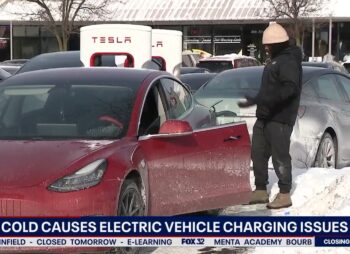
President Obama sets off for his final Asia trip as commander in chief this week, and combating manmade global warming is at the top of his agenda.
Though unconfirmed by the White House, the South China Morning Post reports that the U.S. and China will “ratify” the Paris climate agreement negotiated last December and signed by Secretary of State John Kerry in April.
This is somewhat problematic, as the Constitution makes clear that treaties are to be ratified by the Senate, not the chief executive.
To circumvent that requirement, the administration is calling the Paris Protocol a sole executive agreement, as opposed to a treaty. But as my colleague Steve Groves writes, the Paris Protocol does not pass the duck test: If it looks like a treaty and establishes commitments like a treaty, the government should treat it as such and send it to the Senate for advice and consent.
Obama refuses to refer to the Paris Protocol as a treaty, for tactical purposes. But in the interest of honest rhetoric, he should refrain from referring to it as a “deal” or an “agreement.” Those words imply a mutually beneficial exchange. But Americans will receive no benefits — economic or environmental — from the emissions cuts the protocol pledges them to make.
The Obama administration has already imposed — unilaterally — regulations to meet the protocol’s carbon dioxide pledges. Those regs fall primarily on the energy sector and are already putting coal mines out of business and coal miners out of work. In “ratifying” the protocol, Obama will simply commit Americans to paying higher energy prices and enduring a weaker economy.
Heritage Foundation economists estimate that American household electricity expenditures will increase 15 percent to 20 percent over the next decade as a result of the administration’s global warming regulations. Because energy is such a necessary input of virtually every element of the U.S. economy, families and businesses will be hit multiple times over, leading to devastating economic consequences. By 2035, the U.S. will see:
- An overall annual average shortfall of nearly 400,000 American jobs, including an average manufacturing shortfall of over 200,000 jobs;
- A total income loss of more than $30,000 for a family of four; and
- An aggregate U.S. gross domestic product loss of over $2.5 trillion.
It’s a steep price to pay. Yet we will receive virtually no discernible improvement in the environment or climate. Even if the U.S. and the rest of the developed world meet their global warming targets, the change in global temperatures will be almost too small to even measure.
The protocol promises economic misery for the U.S. But what can we expect from China?
Obama assures us that, if the U.S. leads, China and the rest of the developing world will follow our example. But that doesn’t seem at all likely.
In November 2014, the U.S. and China reached their own global warming agreement. It committed the U.S. to reducing, by 2025, its carbon dioxide and other greenhouse gas emissions by more than a quarter (26 percent to 28 percent) from 2005 levels. Those are the same targets the U.S. committed to in Paris. China, meanwhile, will be allowed to keep increasing its emissions until 2030, although it solemnly swears that it has “the intention to try to peak early.”
It’s alarming to know the federal government is willing to bankrupt coal towns, drive up energy bills and cripple the U.S. economy in return for alleged good intentions and a promise to do something 14 years from now.
It remains to be seen if the Chinese will actually hold up its end of the bargain. But they’re not off to the best start. Since 2014, Beijing has straight-up lied about how much coal it is burning and underreported its carbon dioxide emissions by a billion tons a year.
The United States is leading by example of what not to do on energy policy and climate policy. A better way for the U.S. to lead is to withdraw from the United Nations Framework Convention on Climate Change (UNFCCC). U.S. participation in the UNFCCC has been costly and ineffective and is the foundation for the administration’s effort to circumvent Congress. It’s time the U.S. got out.
Loris is the Heritage Foundation’s Herbert and Joyce Morgan Fellow and specializes in energy and environmental issues.
















